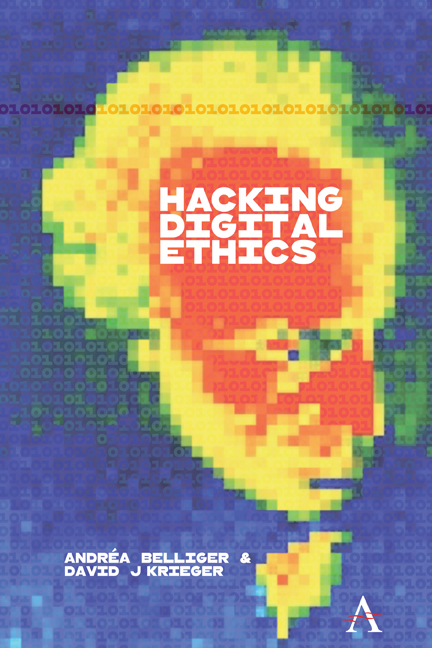Chapter Three - The Redesign
Published online by Cambridge University Press: 06 April 2021
Summary
Network Norms
Luhmann based society on the mutual recognition of persons as equally capable of communication. Only then could the other be seen as alter ego. Without this recognition, why should anyone listen to what anyone else has to say? Once society emerged as a system of people listening to what other people say, that is, as a system of communications; the consequence was that not only human individuals but also things, artifacts, technologies, and indeed everything that was not communicating were banned from the social system into the environment. Nonetheless, as it turns out, all these banned entities returned through the back door of information. Communication needs information. As we learned from actor-network theory (ANT), information is constructed by humans and nonhumans symmetrically. The social system is not based upon exclusion, but inclusion of everything in the world. Indeed, society is not a closed system, but an open network. What is, is information. This is basically a posthumanist worldview. Society does not consist of human beings, but of communications, and communications are themselves based upon the translating and enrolling activities of both humans and nonhumans. Whatever human individuals might be, this is constructed by society and is situationally and historically relative. There is no such thing as human nature, given and eternal, and even if there were, historical societies would continuously interpret it differently.
Since the world consists of actor-networks, society, as well as nature and everything else within the world, is information in action, that is, information in the process of networking, associating, binding things together into collectives. Instead of systems, we have networks. Instead of communications, we have networking. Instead of closed systems, which are constituted by radical exclusion, we have open and flexible networks of both humans and nonhumans, all of whom are made up of information. This is where we stand at the beginning of the twenty-first century. What does this mean for ethics and, specifically, for digital ethics?
Equipped with this question, we hacked into the current discourse of digital ethics. Floridi, as we saw in the discussion of the philosophy of information, attempted to answer this question by declaring everyone and everything to be information, and nothing else. In the end, however, some information turned out to be more equal than other information.
- Type
- Chapter
- Information
- Hacking Digital Ethics , pp. 187 - 256Publisher: Anthem PressPrint publication year: 2021



